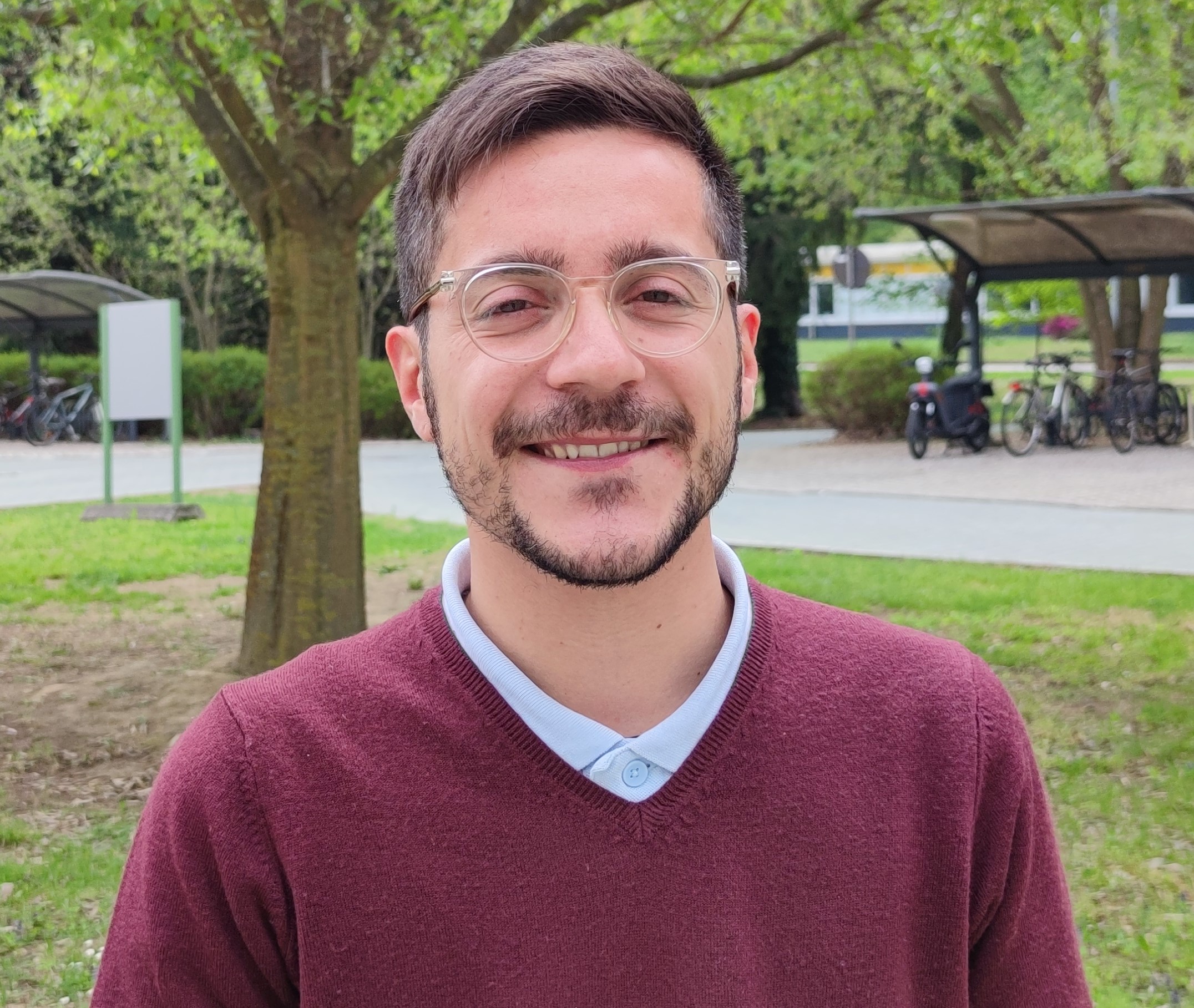Jessica Illiano
from the maturity of the concepts involved—such as networking functionalities—as well as the timeline and objectives outlined in the proposal.
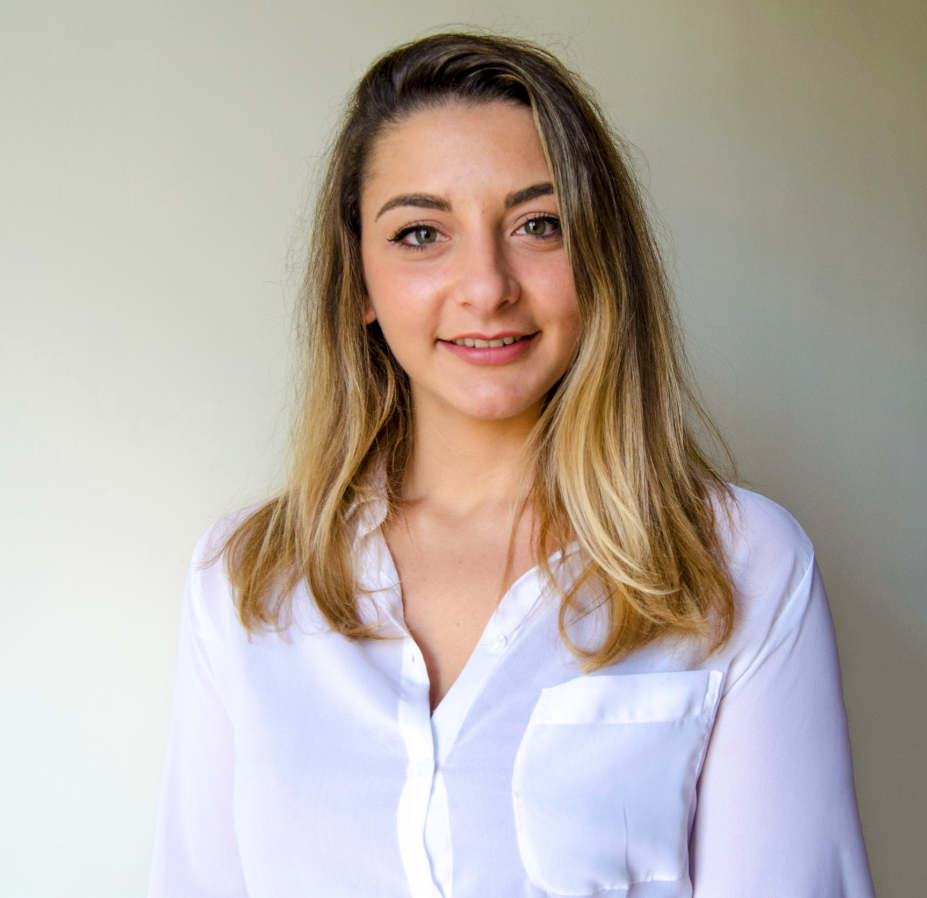

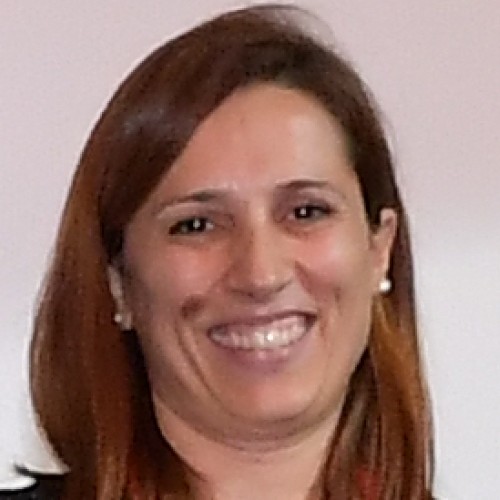
The s-X-AIPI project endeavour is to research, develop, test, and validate a bespoke suite of trustworthy self-X AI technologies tailored for process industries. This initiative aims to bridge the gap between AI capabilities and traditional automation processes, ensuring that AI tools are both accessible and effective across various industrial applications.
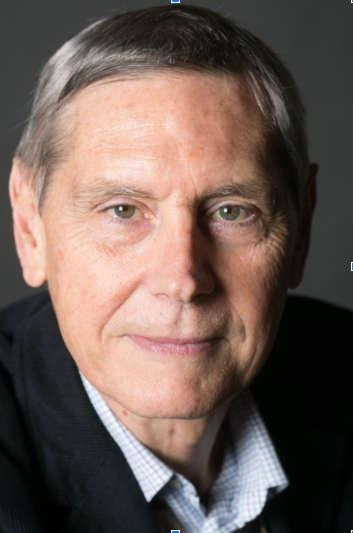
CEN/TC 442 is leading the publication of standards on digital construction, also referred as “building information modelling” BIM.
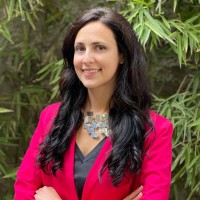
I contribute to developing new standards on the quantum counterpart of the classical Internet Protocol, defined within IETF RFC 791 standard and following standards.
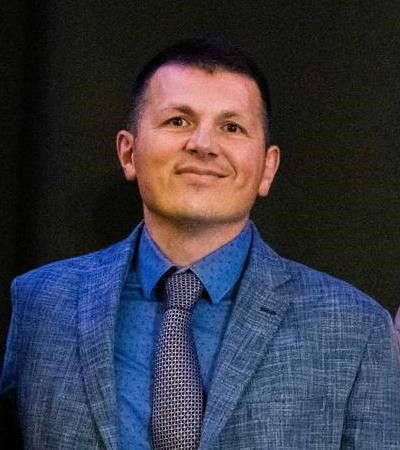
In this fellowship, I work on the analysis of the Digital Twins (DT) landscape with a focus on the urban domain. We focused on two priority gaps that, once solved, may enable the modelling of complex DT through the exclusive use of the SAREF suite to enhance the interoperable communication between entities composing a DT; and to enable the modelling of time series to represent how a DT evolves through time.
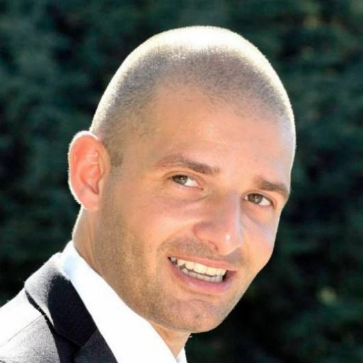
The aim of the analysis within ITU is to identify existing gaps and market needs in the area of P2P crowd charging systems. Special focus has been given to smart city vertical areas, as well as technological enablers such as battery ageing mitigation, social information management, standardised prototyping.
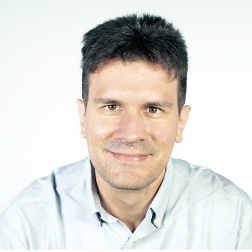
Considering the publication of the AI Act, in the next months a challenge will be given to supporting the application of the EU Regulation with a complete vision of existing standards, giving also some orientations to individuate possible new standardisation requests where needed.
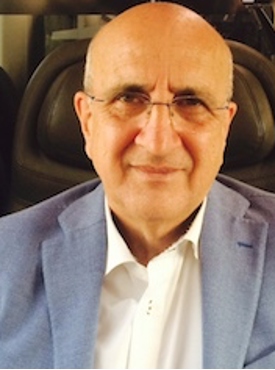
With this fellowship, I am addressing the standardisation of AI systems, with particular focus on the standardisation request of the EU Commission in relation to the AI Act.
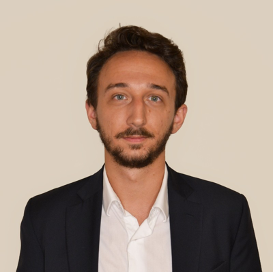
My fellowship contributes to the standardisation on trustworthiness and security of AI generative pre-trained models to establish a robust framework that addresses the escalating concerns surrounding the security risks and privacy implications associated with the development, deployment, and utilisation of these advanced AI models. IEEE P7018, CEN CENELEC
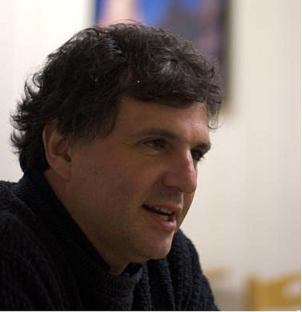
Quantum simulation will have a huge impact on the study of new materials and new drugs, as well as finding chemical catalysts to remove CO2 from the atmosphere or reduce the amount of energy to produce fertilizers.
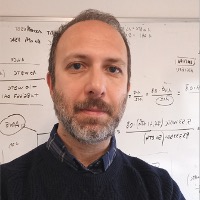
While there are standards describing processes for considering ethical and social concerns in product and service development, such as AI systems, no standard currently addresses the competencies of individuals tasked with implementing these processes in various organisational types.
